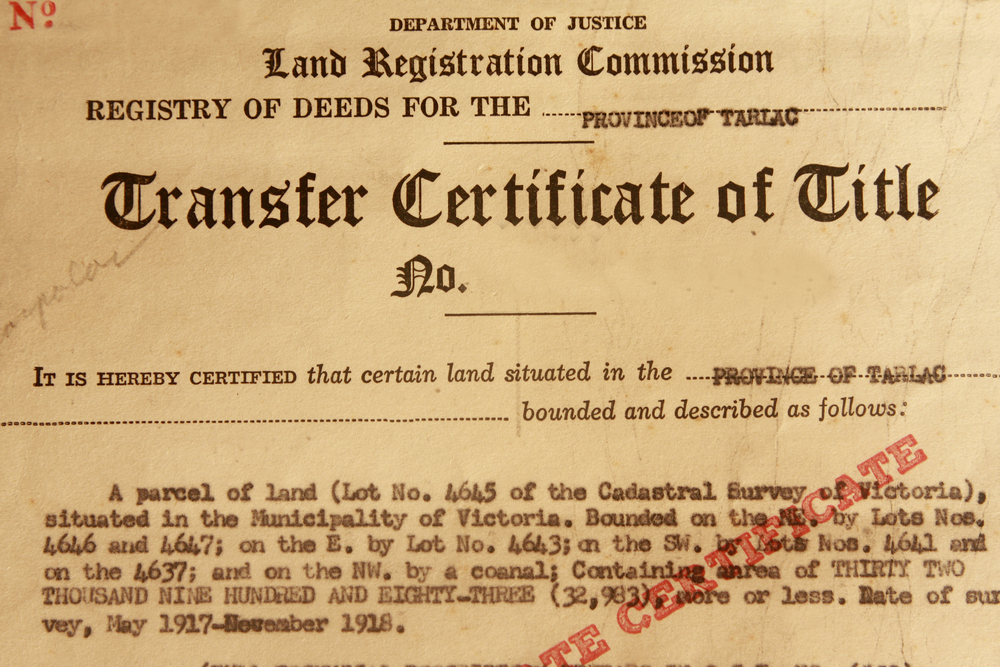
Liens and other encumbrances must be discovered and corrected for a title to be considered marketable. To discover liens and encumbrances and establish the status of a title, title abstractors must perform a title search. Depending on the form of ownership, this task can be straightforward or quite complex. Today we will explore forms of concurrent ownership—when interest in a property is held by two or more parties—and explain how they affect a title.
What is Concurrent Ownership?
Concurrent ownership is when two or more individuals or entities own a property concurrently—at the same time. The most common forms of concurrent ownership are:
- Unity of Person, generally for married couples
- Unity of Possession, when all portions of a property are owned equally by several parties
- Unity of Interest, when each owner holds the same interest in the property
- Unity in Time, when all parties acquired ownership of the property at the same time
Special Forms of Concurrent Ownership
Other forms of concurrent ownership require special considerations for how a title search is conducted.
- Tenancy by the Entirety – When concurrent ownership includes all forms of Unity described above, it is called a tenancy by the entirety. This kind of ownership may be created by a will or a deed.
- Tenancy in Common – This form of ownership may be created through will, deed or divorce and only includes Unity of Possession. When a property is owned by a tenancy in common, all potential owners must be researched to uncover liens and encumbrances that may affect the title.
- Joint Tenancy with the Right of Survivorship – This ownership form includes all forms of Unity mentioned above, excluding the Unity of Person. Joint tenancy allows all parties holding interest in the property to sell their individual shares without the consent of other parties. Sometimes, sales made by joint tenants lead to legal struggles with the other interest-holding parties. Thorough due diligence on the property and owner will ensure that their interest is valid and that the sale will not become part of a lengthy court battle. Rights of survivorship means that if a joint tenant passes away, their ownership interest is passed to surviving owners.
Other Forms of Ownership that Affect Title
- Guardianships – When minors inherit ownership of a property, their interest must be administered by a legal guardian. States have different laws regarding the transfer of real property to a minor, and special inclusions must be made in the title abstract for the underwriter’s review.
- Business Trusts – As a general rule, business trusts may not hold, convey, encumber, or acquire titles to real property under their own name. Therefore, trustees are used to perform these duties on behalf of the trust. Thorough review of the chain of title will establish whether or not all past transfers and transactions were performed by the correct individuals.
Lakeside Title Company: a Leader in Maryland Title Insurance & Closing Services
Lakeside Title Company’s corporate office is located in Columbia, Maryland. Lakeside Title is a title insurance company that serves builders, lenders, and realtors in Maryland, Washington D.C., Northern Virginia, and Southern Pennsylvania. We close over 4,000 transactions a year from 14 different locations. Visit our homepage today to learn more about our services and to get in touch with one of our title professionals.
Do you have a legal question regarding forms of Concurrent Ownership?
If you have a question for an attorney, please contact Lakeside Title Company’s affiliated Law Firm, Deardorff, Rath & Pichon, LLC. Our team offers accurate and experienced legal assistance to make real estate transactions run smoothly.




